Xbox Series X proprietary expansion cards — the way forward or future curse?
They'd fallen out of favor, but proprietary storage expansions look to reclaim the console in 2020. Now, with Xbox Series X, should simplicity and consistency take precedence over choice?
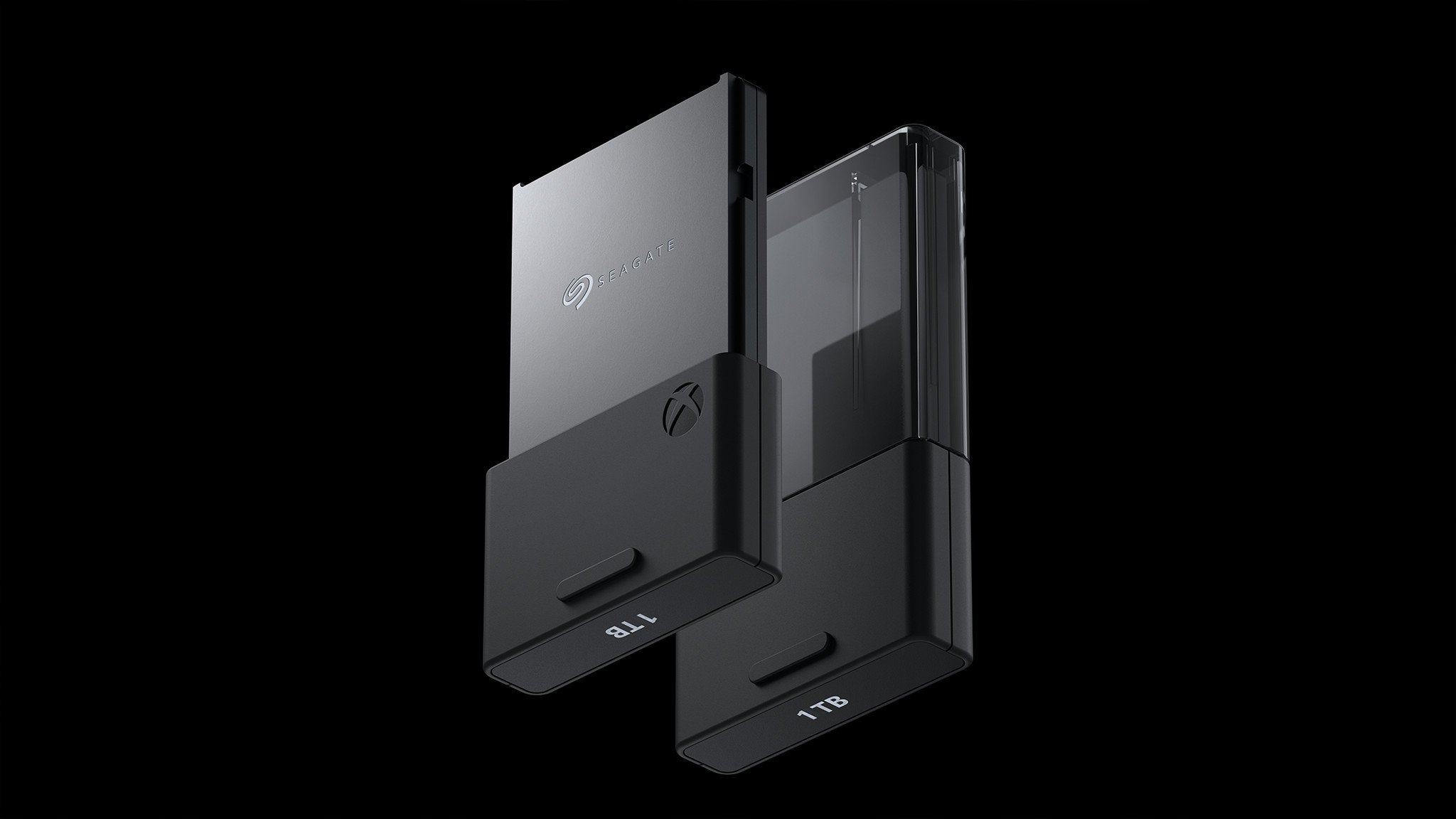
All the latest news, reviews, and guides for Windows and Xbox diehards.
You are now subscribed
Your newsletter sign-up was successful
Microsoft's early foundations for Xbox Series X show promise, positioning the console as a frontrunner in graphical horsepower and compiling a ton of cutting-edge technologies. And while only a fraction of the next-generation vision for Xbox One (there's still a lot to learn), it's a formidable underpinning for what could be the next decade of console gaming.
The Xbox Series X does a lot right, but there's still one component where mixed feelings have settled. Microsoft introduces an admittedly clean and straightforward solution to expandable storage, partnering up to deliver adorable, compact SSD cards that slide into a rear-facing port. But it's a proprietary solution, locking out a market of third-party manufacturers while resurfacing memories of the early Xbox 360 era.
Locking down Xbox Series X means performance benefits

While the Xbox Series X boasts system-wide improvements, one of its most impactful comes with the introduction of an internal SSD. Where the Xbox One family fell short due to its sluggish spinning storage, Microsoft adopts a speedy NVMe solution, with up to 40 times performance gains over Xbox One X. The SSD utilizes a direct line to the CPU via PCIe 4.0, especially handy for high data speeds. It helps deliver upon Microsoft's promise of almost eliminating loading screens and enhancing asset streaming for next-generation titles.
That setup looks promising for launch, but its 1TB capacity only allows for a handful of games. While Microsoft has outlined technologies to reduce the space games occupy, installations continue to grow with graphical fidelity. That's where the Seagate Xbox Series X expansion comes in, translating the fundamentals of Microsoft's internal storage to a custom external card.
Microsoft justifies the proprietary storage as essential to Xbox Series X ambitions, designed to "seamlessly" match the internal drive's speed and performance. It understandably keeps hardware complexity transparent to the player, while guaranteeing consistency regardless of where games are installed. If Microsoft were to rely on third-party solutions instead, lesser drives could impact Xbox Series X performance, unless subject to a formal certification process.
The result is the tiny guy pictured above — a proprietary SSD solution with a cartridge-inspired form factor. It retains the same close relationship with the CPU, enabled by PCIe 4.0 connectivity, ensuring the speeds demanded by Xbox Series X experiences.
Related: What you need to know about Xbox Series X storage expansions
All the latest news, reviews, and guides for Windows and Xbox diehards.
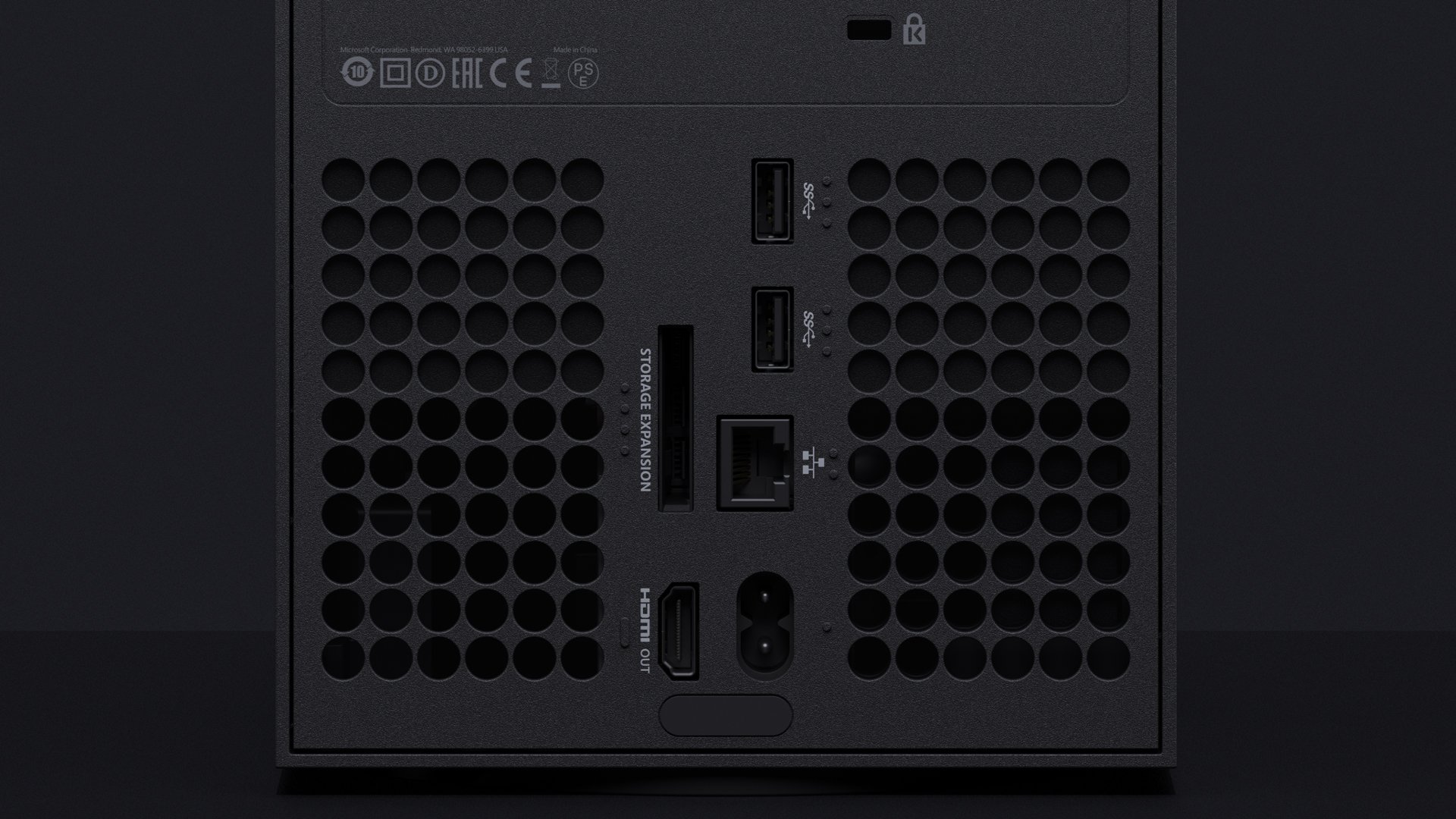
That's a hugely different implementation to Sony, opting to support off-the-shelf M.2 SSDs for PlayStation 5 expansions. The approach allows for standard NVMe drives via an SSD-ready internal drive bay, shifting the focus away from first-party hardware and onto existing manufacturers. It boosts the perception of user choice, with pricing and availability determined by the open market, rather than the platform holder. And that all comes with higher demands, with the PlayStation 5 SSD's raw bandwidth around double of Xbox Series X.
But not all M.2 drives are created equal, with variances in size and guaranteed to confuse. The minimum performance requires PCIe 4.0, matching or surpassing the 5.5GB/s bandwidth slated for the PlayStation 5 internal SSD. Some M.2 drives may not even fit inside the chassis, with no fixed dimensions outlined under the specification. Sony promises to release a list of certified drives, likely on track for after launch, but adds confusion for the average player who just wants to simply add "more storage."
What Xbox Series X can learn from the Xbox 360
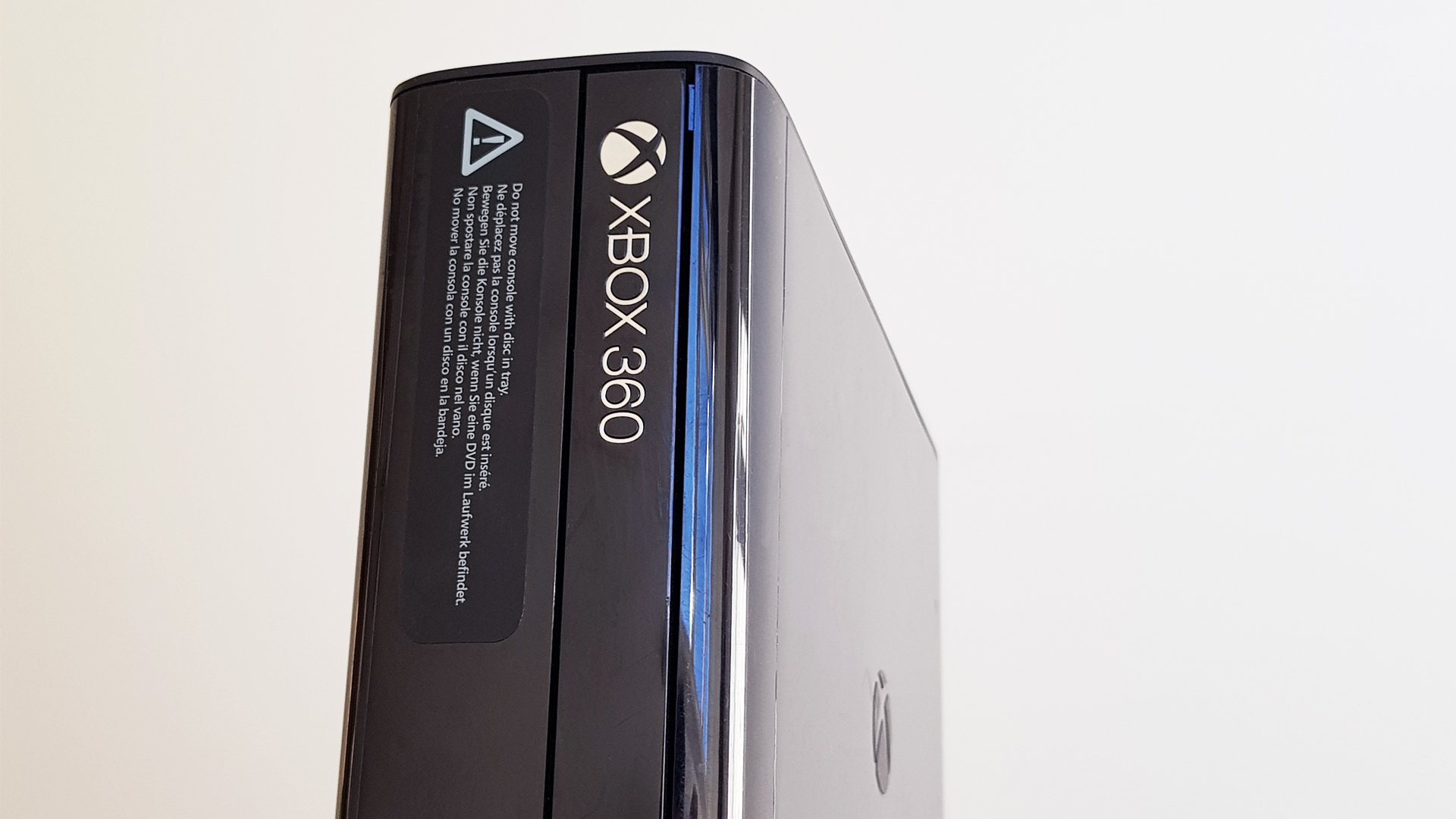
While Microsoft has pledged compatibility with all existing Xbox One accessories, including current USB external hard drives, the console essentially demands the Seagate expansion card for extra storage. Drives connected over USB 3.1 or later come with hard limitations, only capable of running backward compatible Xbox One, Xbox 360, or original Xbox titles. While Xbox Series X games can technically be stored on generic USB drives to reduce data usage, they only boot on the internal SSD or expansion card. It means that for new titles or those upgraded for Xbox Series X — a vast majority of the experience for most — an expansion card is mandated when upgrading.
Proprietary storage isn't new in the console space, with several consoles cooking up custom solutions throughout the generations. But in a world increasingly supportive of eliminating closed ecosystems, the concept has generally fallen out of favor.
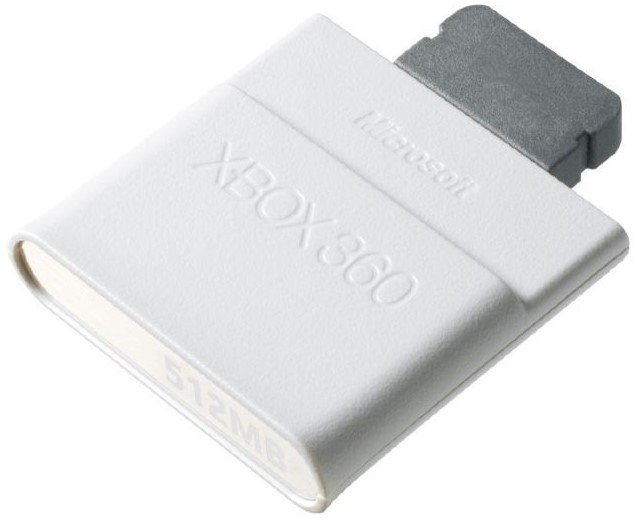
The Xbox 360 was Microsoft's previous foray into proprietary storage, although back in an era where drives held saves and profiles, over a full library of games. The console's early years saw two mainline units, one with a 20GB hard drive and an entry-level without, instead expanded via memory cards and drives sold separately.
While Microsoft's cards may have been better by design, its proprietary nature saw few challengers on the market. But unofficial third-party solutions hit with time, undercutting Microsoft's own storage devices. A Microsoft 512MB memory unit would fetch $30, while a 2GB Datel-branded alternative with microSD expansion cost just $40, as reported by ITWorld in 2009. The same went for Xbox 360 hard drives, inflated over your standard 2.5-inch SATA alternative.
Microsoft would eventually bar "unauthorized devices" via a system update, leaving them unrecognized by the console, with onboard data unobtainable. That fostered a landscape where Microsoft had full control, with proper storage exhibiting a premium over could-be open solutions.
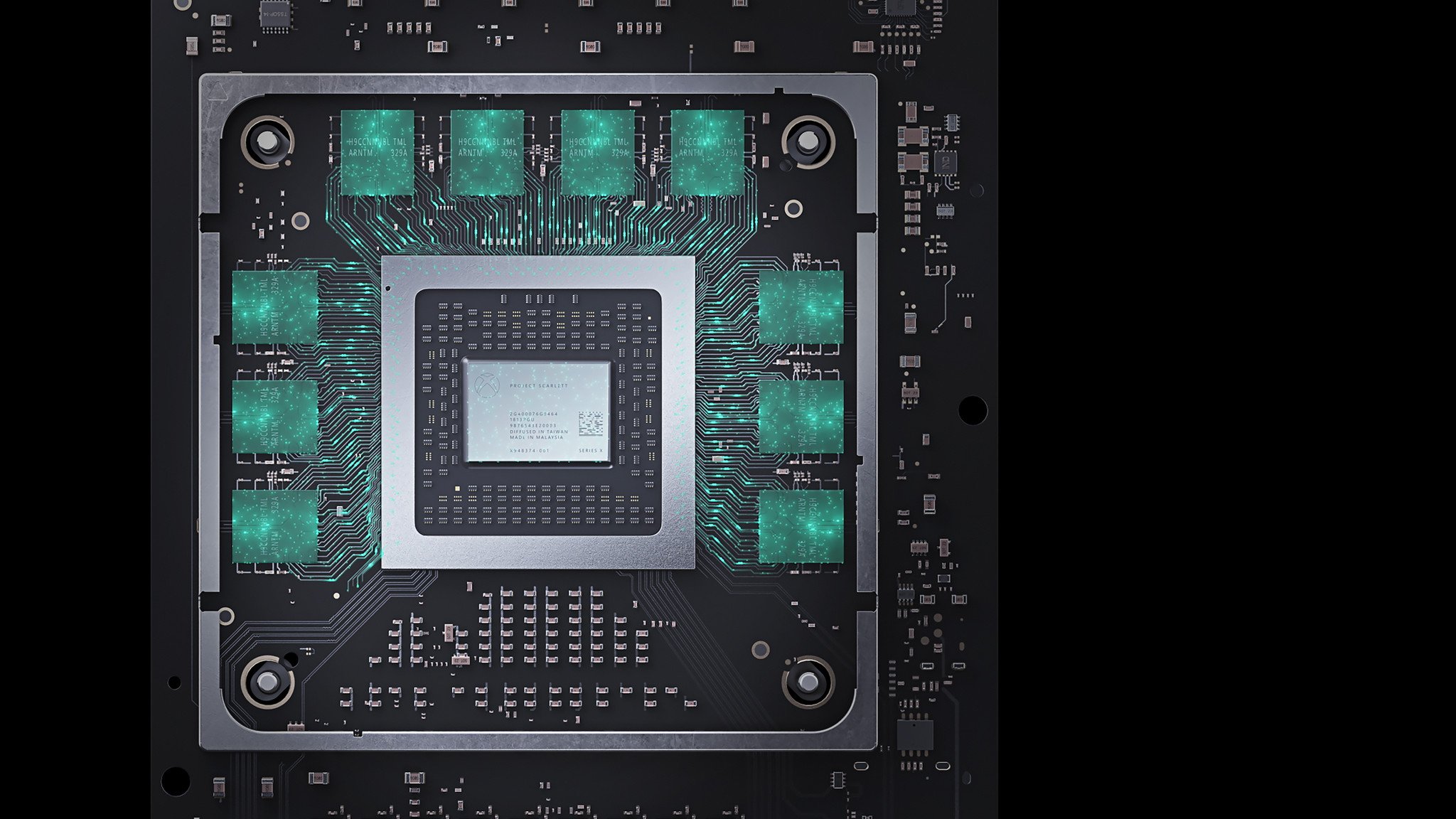
Microsoft treads familiar territory with Xbox Series X, likely to ask a high price for that expandable storage. High-performance NVMe SSDs already aren't cheap, and existing Xbox One-branded storage from Seagate comes at a premium, compared to unbranded products with identical internals. Don't expect these proprietary cards to diverge from the trend, destined to surpass $200 for the 1TB model.
The available storage capacities also remain unclear, and just like the initially limited Xbox 360 memory units, Microsoft only commits to a 1TB Xbox Series X expansion card. Seagate is an initial exclusive partner, too, with additional manufacturers essential to diversify those offerings and prevent a repeat of Xbox 360 days.
Microsoft's reasoning with Xbox Series X remains entirely understandable, presenting a fast and easy solution, accommodating seamless upgrades. But that comes with its costs, limiting your options as a consumer, and likely inflating pricing. The PlayStation 5's open approach isn't the cleanest, but for a top-tier device geared to enthusiasts, the final implementation of Xbox Series X leaves me torn.
Xbox Series X/S
Main
- Xbox Series X: Everything we know
- Best games coming to Xbox Series X/S
- List of Xbox Series X specs
- What is the Xbox Series X release date?
- How much does Xbox Series X cost?
- Why you can't preorder Xbox Series X yet
- Best Xbox Series X Headsets

Matt Brown was formerly a Windows Central's Senior Editor, Xbox & PC, at Future. Following over seven years of professional consumer technology and gaming coverage, he’s focused on the world of Microsoft's gaming efforts. You can follow him on Twitter @mattjbrown.
